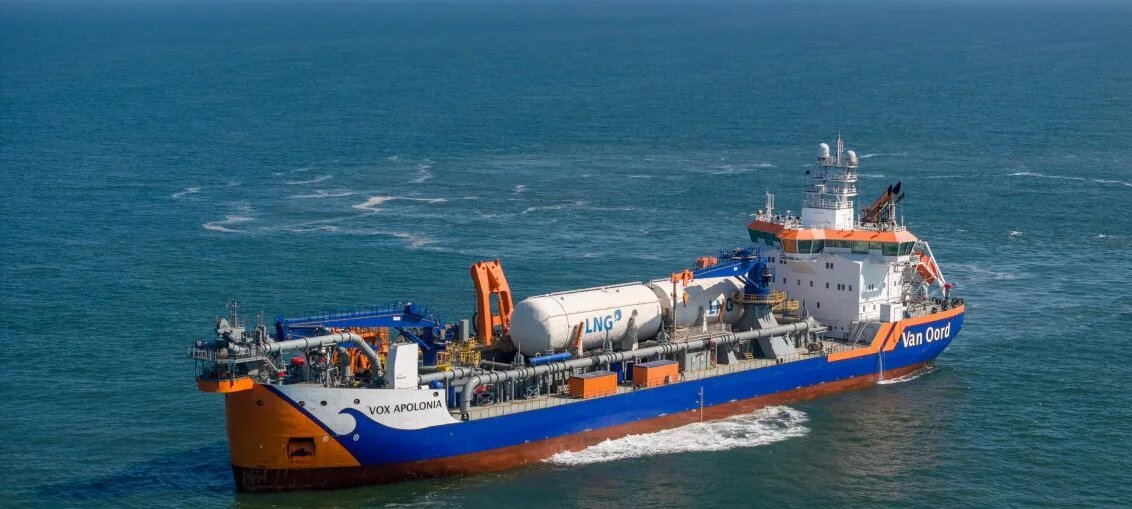QTerminals Kramer Rotterdam (QTKR) and Ocean Network Express (Europe) (ONE), by implementing a biofuel program using HVO100, a sustainable biofuel produced from renewable raw materials for port handling operations, reduced carbon dioxide emissions by 500 tons in just six months.
HVO100, which has proven itself in heavy transport vehicles, can reduce lifecycle carbon dioxide emissions by up to 90% compared to standard diesel. It also produces much lower levels of particulate matter and nitrogen oxides.
This joint initiative is a significant step in the partnership between QTKR and ONE to decarbonize port logistics. While long-term solutions, including electrification, are being developed, it shows how easily accessible alternatives can deliver immediate results. By targeting emissions in port operations, a critical link in the container supply chain, both companies demonstrate how practical changes at the local level can accelerate progress on the path to global decarbonization.
Johan Pijpers, Manager Internal Operations Procurement (Europe & Africa) at ONE, said: “Reducing carbon emissions is not something that can be achieved alone; it requires collaboration and innovation across the supply chain. Our work with QTKR shows that practical solutions like biofuels can deliver meaningful results today, while also laying the groundwork for more ambitious steps in the future.”
Fred Groenendijk, CCO of QTKR, adds: “As QTKR Kramer Rotterdam, we are proud to build a partnership beyond logistics with Ocean Network Express (ONE). Together, we are taking concrete steps to reduce CO2 emissions by aligning our strategies, sharing our expertise, and promoting a sustainable way of working across the shipping chain. ONE and QTKR have proven that smart and reliable collaboration is necessary to successfully reduce CO2 emissions across the supply chain.”
The partners are currently preparing for the next phase of the collaboration. In this phase, a dedicated fleet of electric trucks (e-trucks) for port operations will be deployed. These e-trucks will transport containers between terminals alongside the HVO100 trucks, further reducing emissions and creating a long-term platform for zero-carbon logistics.
QTKR and ONE believe that combining the immediate and scalable measures achieved through the transition to biofuels with long-term investment in electrification plays a central role in the transformation of the maritime sector. This partnership also reflects the growing awareness that decarbonization requires close cooperation between carriers, logistics providers, and port operators to achieve industry-wide goals.
By combining quick wins with forward-looking innovation, QTKR and ONE demonstrate how collaboration at the port level can contribute to the maritime sector’s net-zero emissions target.
7DENIZ





